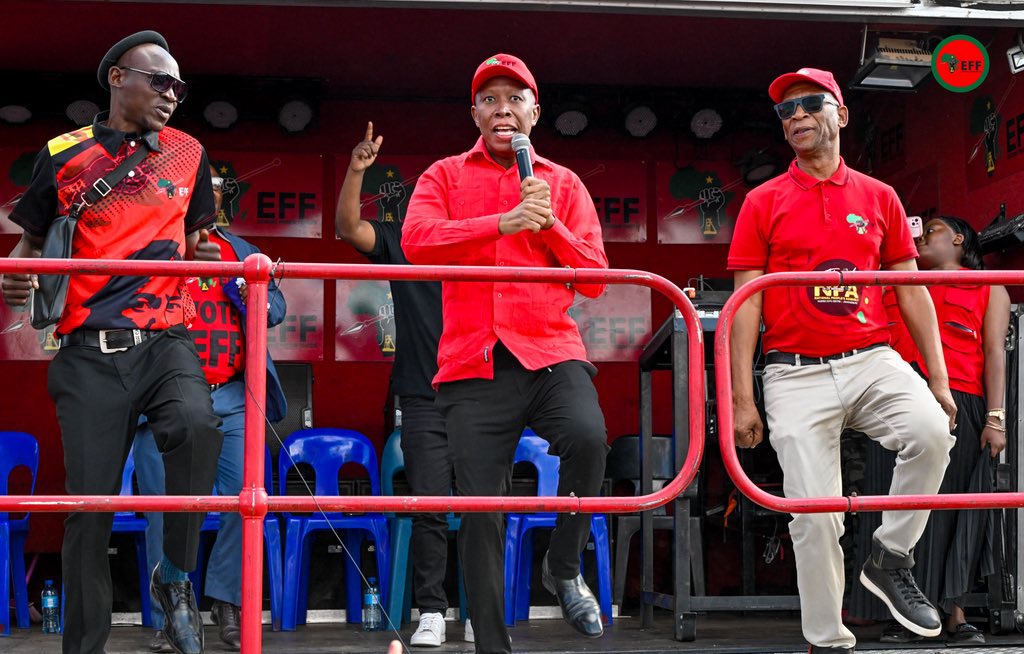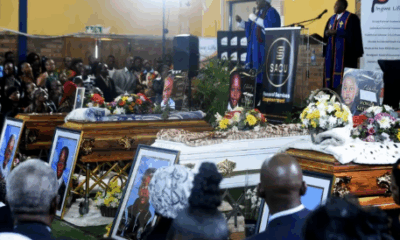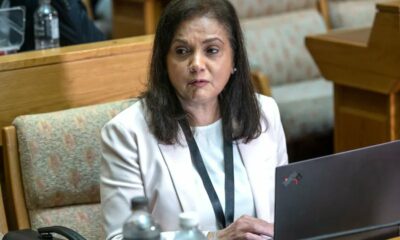News
EFF Slams Brakes on Starlink’s South African Hopes

South Africa’s fiery opposition party, the EFF, has once again taken aim at Elon Musk — this time vowing to block his satellite internet service, Starlink, from ever launching in the country.
Speaking during a parliamentary budget debate on Friday, EFF MP Sinawo Thambo declared that the party “will never allow Starlink to operate in South Africa,” arguing that it poses a threat to national security and could erode diplomatic ties with the United States.
More Than Just Internet: A Political Flashpoint
Starlink, which is owned by Musk’s aerospace company SpaceX, has expressed interest in expanding its satellite internet footprint into South Africa. However, its plans have stalled due to local licensing requirements set by communications regulator Icasa.
Under current rules, foreign companies seeking to operate in South Africa’s ICT sector must sell 30% of their equity to black investors — a key pillar of the country’s transformation policy. Musk has publicly objected to this condition, infamously posting on X that he “can’t launch Starlink [in SA] because I’m not black.”
To address this, Communications Minister Solly Malatsi has proposed a controversial workaround: allowing foreign firms to meet transformation goals through equity equivalence investments — such as skills development and infrastructure contributions — instead of giving up direct ownership.
While Malatsi insists the changes are about unlocking investment and not tailored to benefit Starlink specifically, the EFF isn’t buying it.
“We See it As Economic Terrorism”
“This proposal is clearly in service of Elon Musk and Starlink,” Thambo told parliament. “Even if they meet equity equivalence conditions, the platform is a threat to our national security and to our diplomatic relations with the US.”
Thambo described Starlink as a tool that has “weaponised misinformation” and warned of the dangers of letting a company, led by someone the EFF accuses of racism and interference, into South Africa’s digital space.
“We view that as economic and diplomatic terrorism,” he said. “We will never allow it.”
The EFF also rejected the Department of Communications’ entire budget vote, saying it would not support any policy that enables Starlink’s entry.
Musk vs Malema: A Long Standing Digital Feud
The tension between Elon Musk and the EFF is not new. Musk, who was born in Pretoria, has used his platform X to call for international sanctions against EFF leader Julius Malema, accusing him of inciting “white genocide” through controversial chants such as “Kill the Boer, kill the farmer.”
Malema responded by calling Musk a “typical racist.”
With the relationship between the two figures increasingly fraught, Starlink has inadvertently become a political lightning rod in South Africa’s broader tech policy and transformation debate.
Public reaction: Mixed signals from Mzansi
On social media, reactions have been split. Some South Africans believe Starlink could transform rural internet access and bridge digital divides. Others echo the EFF’s concerns, pointing to Musk’s controversial online presence and the need for local ownership in critical infrastructure.
One user on X posted, “The EFF is right to question the motives behind letting global tech giants operate unchecked. But we also need solutions for rural internet now, not later.” Another replied, “Who cares what Musk says on Twitter — if Starlink brings us affordable, fast internet, let it in!”
So What Happens Next?
At this stage, the equity equivalence proposal remains a draft policy direction. For any changes to take effect, they must survive a lengthy process of public comment, legal scrutiny, and possibly, parliamentary challenge.
If Malatsi’s proposal moves forward and Icasa updates its licensing framework, Starlink might still have a shot — but it’s now clear the EFF is gearing up for a political fight.
Whether that fight plays out in court, on the floor of parliament, or across the timelines of social media, the battle for South Africa’s digital skies is far from over.
Source:Tech Central
Follow Joburg ETC on Facebook, Twitter , TikTok and Instagram
For more News in Johannesburg, visit joburgetc.com



























